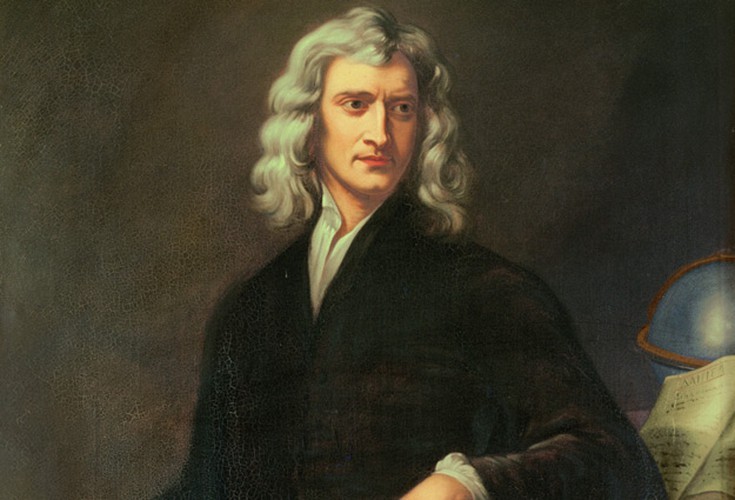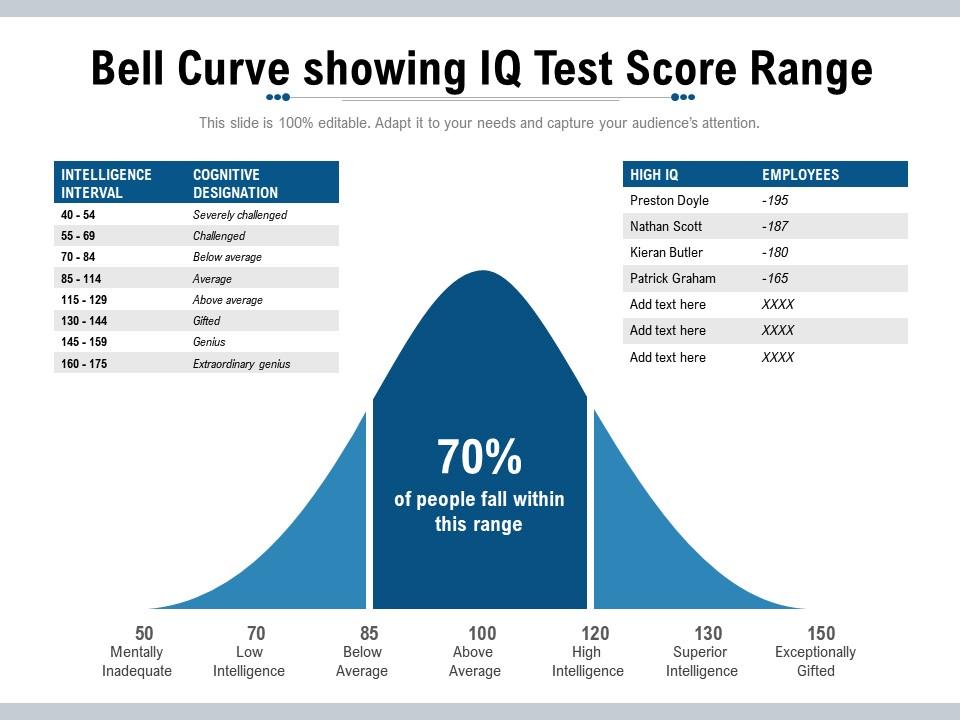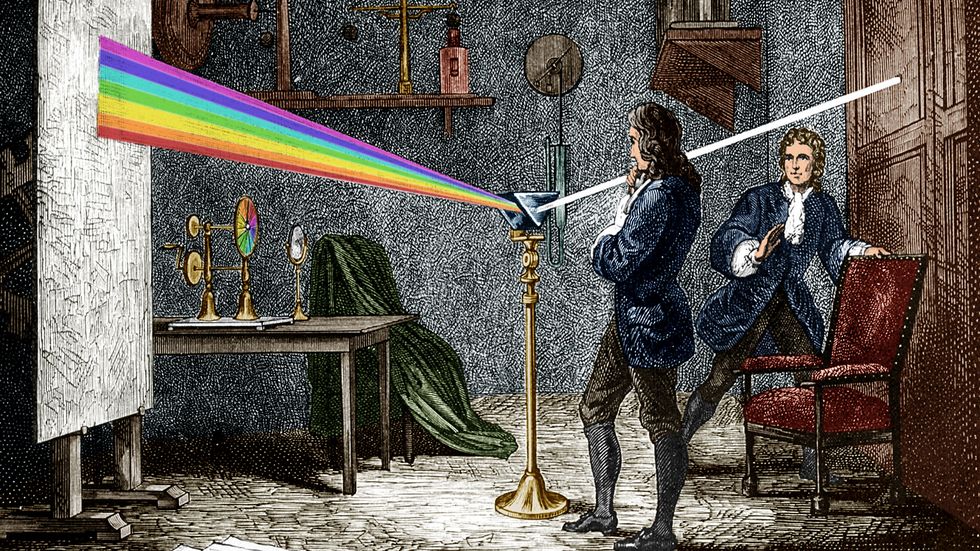Isaac Newton IQ: Unraveling the Genius of a Scientific Pioneer
Isaac Newton, one of the most prominent scientists in history, left an indelible mark on the world with his groundbreaking discoveries and theories. Beyond his numerous contributions to physics and mathematics, Newton's intellect and analytical prowess were often the subject of fascination. In this article, we delve into the concept of IQ and explore the intelligence of Isaac Newton, shedding light on his extraordinary mind and its implications for the scientific community.

Isaac Newton
1. Understanding IQ:
IQ, or Intelligence Quotient, is a measure of an individual's cognitive abilities. It is determined through standardized tests that assess various aspects of intellectual capacity, such as problem-solving, logical reasoning, and spatial awareness.
While IQ tests provide a numerical representation of intelligence, they are not exhaustive measures and may not capture the entirety of a person's intellectual capabilities.

IQ Test
2. Isaac Newton: A Glimpse into His Life:
Isaac Newton was born on December 25, 1642, in Woolsthorpe, England.
As a child, he displayed exceptional intelligence and an insatiable curiosity for the natural world.
Newton's interest in mechanics and mathematics flourished during his time at Trinity College, Cambridge, where he later became a professor.
3. Newton's Achievements and Contributions:
a. Laws of Motion:
Newton's laws of motion, published in his groundbreaking work "Mathematical Principles of Natural Philosophy," laid the foundation for classical mechanics.
These laws revolutionized the way scientists understood and explained the motion of objects, establishing a fundamental framework that is still applied today.
b. Universal Gravitation:
Perhaps Newton's most famous discovery, his theory of universal gravitation, postulated that every particle in the universe attracts every other particle with a force directly proportional to their masses and inversely proportional to the square of the distance between them.
This theory explained the motion of celestial bodies and played a pivotal role in shaping our understanding of the cosmos.
c. Optics:
Newton's experiments with light and prisms led to the formulation of his theory of color.
His work on optics explored the behavior of light, the nature of color, and the properties of lenses, paving the way for advancements in fields such as photography and spectroscopy.
4. Unraveling Newton's IQ:
While the concept of IQ tests did not exist during Newton's time, historians and experts have retrospectively estimated his intelligence based on his achievements and intellectual pursuits.
Newton's ability to conceptualize complex theories, his unparalleled mathematical skills, and his meticulous approach to scientific inquiry all point to an exceptionally high IQ.
5. Assessing Newton's IQ Score:
a. Logical Reasoning:
Newton's ability to apply logical reasoning to complex problems was evident in his work. His deductions and inferences showcased a remarkable capacity for analytical thinking, a hallmark of high intelligence.
b. Mathematical Aptitude:
Newton's contributions to calculus, his development of mathematical notations, and his deep understanding of mathematical concepts underscored his extraordinary mathematical intelligence. His ability to tackle intricate mathematical problems was unparalleled during his time.
c. Originality and Creativity:
Newton's groundbreaking theories and innovative ideas demonstrated his creativity as a scientist. He had a unique ability to think outside the box, challenging conventional wisdom and forging new paths in scientific exploration.
6. Newton's Legacy and Impact:
Isaac Newton's intelligence and scientific achievements continue to shape our understanding of the world.
His laws of motion and theory of universal gravitation laid the groundwork for classical physics and influenced generations of scientists.
Newton's legacy serves as an inspiration for aspiring scientists and underscores the power of intellect and perseverance in the pursuit of knowledge.

How Isaac Newton Changed Our World
Isaac Newton's intellectual prowess and extraordinary achievements cement his position as one of history's greatest scientific geniuses.
While his IQ score cannot be determined with certainty, his contributions to physics, mathematics, and optics provide ample evidence of his exceptional intelligence.
Newton's legacy continues to inspire and captivate the scientific community, reminding us of the boundless possibilities that lie within the realms of human intellect.